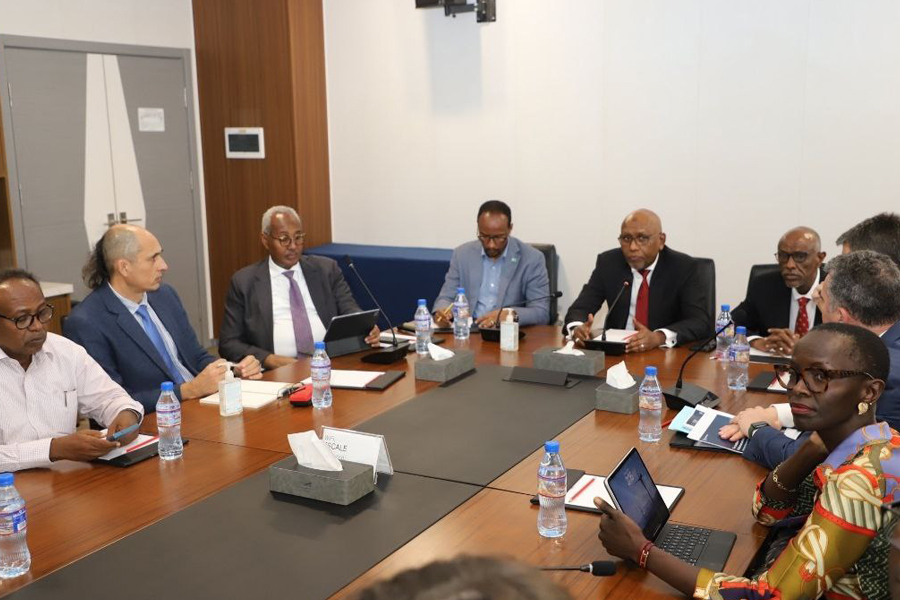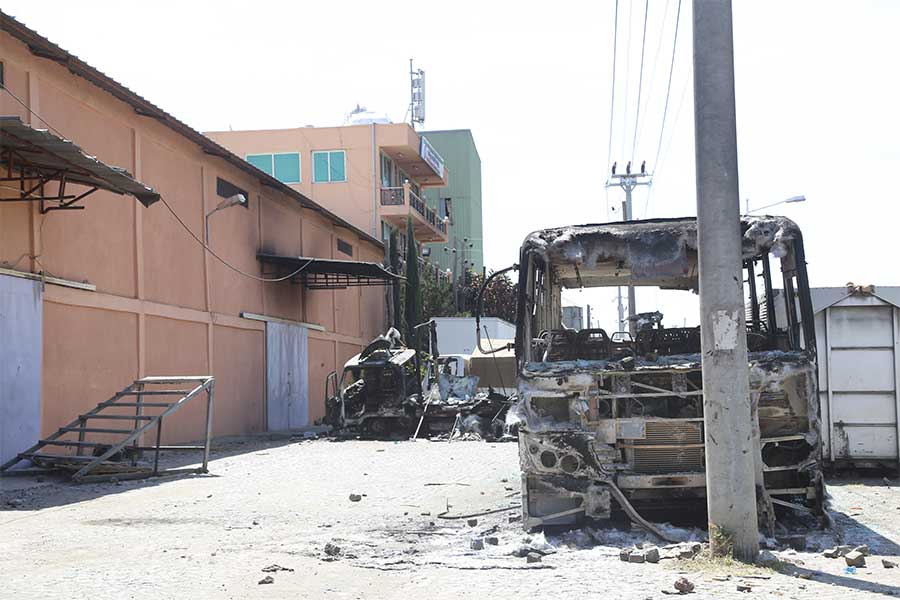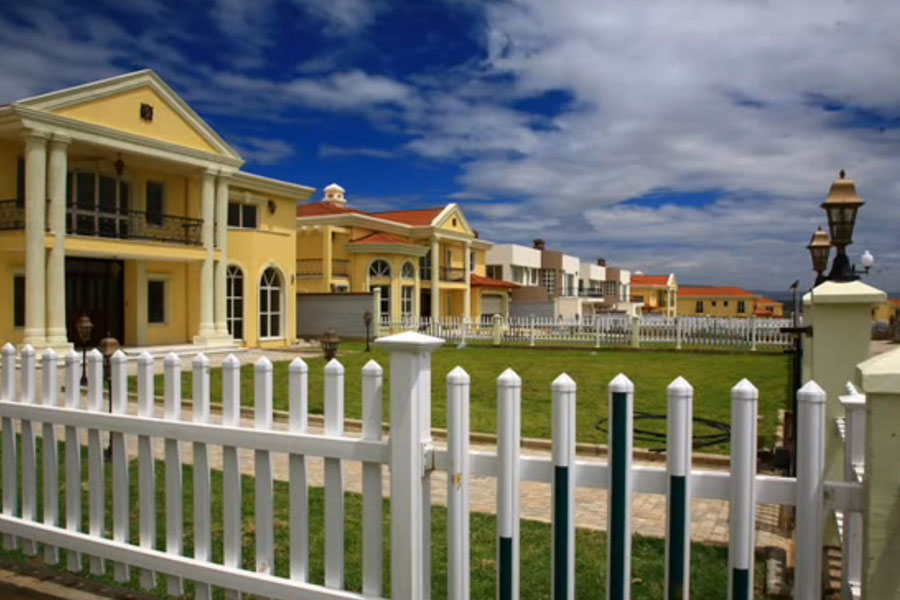
Sep 27 , 2020
By Eden Sahle
For the past two months, my family and I have been frequenting the offices of the state monopoly Ethio telecom to fix our interrupted broadband internet service. There has been some success, but there have also been too many setbacks.
We opted to buy a new internet service - fixed broadband - recently, which created a bit of an ordeal. We waited for a month to get it installed and configured. It was a success, or so it seemed. We had used the internet for 20 days, but it stopped working afterwards.
When we called the maintenance line, we were told that our service number was unknown. All five operators we spoke to insisted that we are not registered on the system. Apparently, the team that came to our house to install the fixed broadband and configured the connection forgot to register us. Luck would have it that the staff who accepted the service payment and issued a receipt similarly forgot to enter our service number on the system.
After days of wrangling, we managed to get our service number registered. A maintenance team came to our house and managed to get the internet back up again. It lasted for 45 minutes before it stopped working once again, and we have been unable to get it fixed since.
True, for a telecom firm that gives service to millions of people, including 23.8 million internet users, there are bound to be glitches here and there. No company is perfect, and Ethio telecom’s performance has been one of corporate evolution that also has to cater to the development agenda of the country.
Over the past two years, in its effort to reposition itself in an industry that is bound to change significantly - especially as a result of plans to liberalise the telecom sector - the state monopoly has been making changes. Popular among these is its cutting of tariffs on calls and internet usage, which has mended its image from a rigid institution to a certain extent. In the last fiscal year, the company’s revenues rose to 47.7 billion Br, 31pc higher than the previous year.
But, as is the case with most organisations, old habits die hard, and stories of inefficient service provision and slow responses to customers have not dissipated. But the shortcomings in responsible and efficient service provision at Ethio telecom is just the tip of the iceberg where customer satisfaction is concerned within the public sector.
The lack of rationalisation within institutions has meant that - in profit-making enterprises as well as the state and federal bureaucracy – luck, or worse, bribes are highly consequential to getting service delivery. While process and procedures exist on paper, customers and citizens have to depend on the goodwill of the bureaucrats and employees of organisations.
It is such inefficiencies that private enterprises are meant to overcome and why their motto of “customer is king” is believed to empower customers, even if this has to be at the expense of the employees.
This was the value that profit-making enterprises were supposed to exhibit. But they lacked autonomy. Coupled with the fact that they remained monopolies meant that they were not faced with any competition. As long as the service they provided was essential to daily personal and professional activities, they did not have an incentive to improve.
This does not just cause annoyance. It presents a huge hit to the economy by limiting productivity. There are negative externalities to other parts of the economy as service is an integral sector that allows industry and agriculture to function smoothly. It seems that the bad institutional culture will continue to linger to the anguish of the public.
This requires structural and policy reforms. On the latter, administrative courts are a significant move forward in empowering citizens and checking the power of bureaucrats in public institutions.
Just as critical would be to incentivise public enterprises to want to improve their services continuously. As long as they remain profit-making institutions, the best way to make the point to them is to make the industries they are a part of competitive through liberalisation. This is why opening up the telecom sector to competition will be a countervailing move by the government.
Rationalised procedures may not be easy to put in place, but they are nonetheless necessary to integrate into a clear institutional process. This will reinforce healthy competition and the delivery of dependable service.
Such strategy shifts are crucial and should not be debatable any longer. The country is in desperate need of institutional adjustments and regulations for the productivity of the nation to rise.
PUBLISHED ON
Sep 27,2020 [ VOL
21 , NO
1065]

Fortune News | Jun 22,2024

Editorial | Jun 28,2025

My Opinion | Sep 10,2021

My Opinion | Jul 03,2021

News Analysis | Jan 05,2020

Sunday with Eden | Jul 24,2021

Fortune News | Jan 12,2019

Commentaries | Jun 08,2024

My Opinion | Nov 09,2024

Sunday with Eden | Oct 09,2021

Photo Gallery | 174363 Views | May 06,2019

Photo Gallery | 164590 Views | Apr 26,2019

Photo Gallery | 154755 Views | Oct 06,2021

My Opinion | 136663 Views | Aug 14,2021
Editorial | Oct 11,2025

Dec 22 , 2024 . By TIZITA SHEWAFERAW
Charged with transforming colossal state-owned enterprises into modern and competitiv...

Aug 18 , 2024 . By AKSAH ITALO
Although predictable Yonas Zerihun's job in the ride-hailing service is not immune to...

Jul 28 , 2024 . By TIZITA SHEWAFERAW
Unhabitual, perhaps too many, Samuel Gebreyohannes, 38, used to occasionally enjoy a couple of beers at breakfast. However, he recently swit...

Jul 13 , 2024 . By AKSAH ITALO
Investors who rely on tractors, trucks, and field vehicles for commuting, transporting commodities, and f...

Oct 11 , 2025
Ladislas Farago, a roving Associated Press (AP) correspondent, arrived in Ethiopia in...

Oct 4 , 2025
Eyob Tekalegn (PhD) had been in the Governor's chair for only weeks when, on Septembe...

Sep 27 , 2025
Four years into an experiment with “shock therapy” in education, the national moo...

Sep 20 , 2025
Getachew Reda's return to the national stage was always going to stir attention. Once...

Oct 12 , 2025
Tomato prices in Addis Abeba have surged to unprecedented levels, with retail stands charging between 85 Br and 140 Br a kilo, nearly triple...

Oct 12 , 2025 . By BEZAWIT HULUAGER
A sweeping change in the vehicle licensing system has tilted the scales in favour of electric vehicle (EV...

A simmering dispute between the legal profession and the federal government is nearing a breaking point,...

Oct 12 , 2025 . By NAHOM AYELE
A violent storm that ripped through the flower belt of Bishoftu (Debreziet), 45Km east of the capital, in...